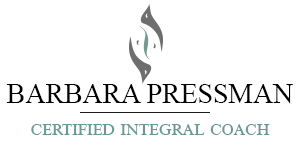When I was a kid, fine tuning meant using the dial on a transistor radio to tune in an AM radio station, or using a dial on a TV set to get the horizontal hold to stop flipping around and around so you could see the program on the television. Both of these things were frustrating and getting them to work just right could include a tap on the top or side of the television and a shake of the radio, combined with futile attempts at adjusting the antenna. On a recent tour of the Ainsley House in Campbell, CA, the docent pointed out the markings on a radio placed to find the stations, which were hard to tune in.
In my teens I wanted a piano, but ended up with a guitar. The piano was my plan, but then I had to figure out a way to make the strings of the guitar work together so that they produced the sounds and rhythms I wanted. I was not a virtuoso and what came next were lessons, practice, development of my style; and most of all a consistent desire to improve my developing skill.
These days, fine-tuning includes the details of a well thought out plan. The plan could include financials, marketing and sales strategies, and perhaps a vision. Sometimes it feels like all the work is in making the plan, often times because getting down to it is very hard. Writing the document, setting the rules, making the schedule, whatever the task at hand, beginning can be daunting. The truth of the matter is, this is just the start.
The plan is like the starter’s pistol signaling the start of the event. The excitement comes after the plan is put into practice. It is as important to have a plan, as it is to make adjustments to the plan after it is put into practice. This is the need of fluidity; no matter how well thought out and exacting a plan may be there are variables that occur that need to be addressed. Responding in real time can be the tipping point between a plan’s success or it’s disaster.
Here at the Maple Tree Inn I started with a plan, and as I began to implement that plan I was able to see how it was affecting the entire operation, including the physical property, employees and guests. Through communication with our guests I began the fine-tuning process. One way I hear from our guests is though a survey sent after check out, this survey, Market Metrix asks pointed questions and gives space for comments.
Responding to our guests is very important, and similar to looking into a magnifying mirror. It is not always comfortable to see all the flaws, but it is the first step to making adjustments. These adjustments can make a difference to our guests and to our business in a very positive way. It is one way to dial into the channel that we want to listen to, and I am grateful for everyone who takes the time to share his or her experience to help us fine-tune.
